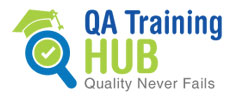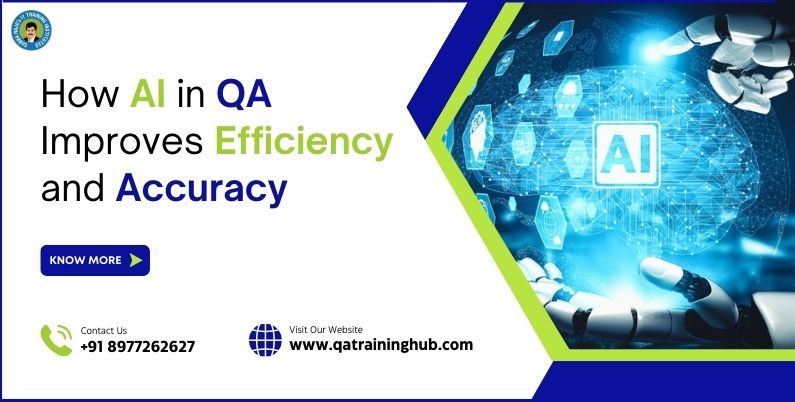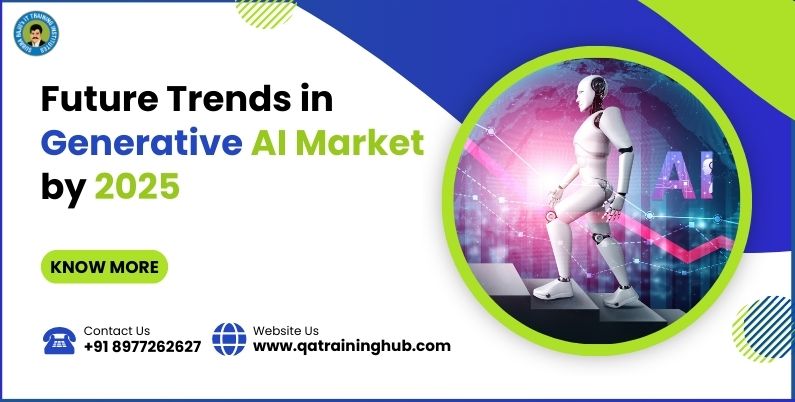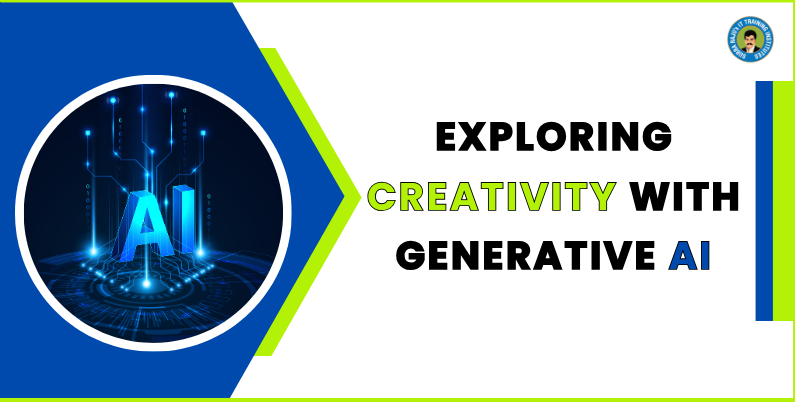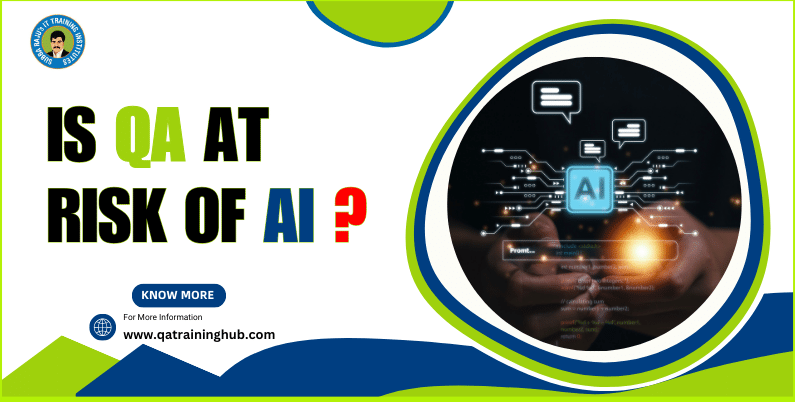
Is Quality Assurance (QA) at Risk of AI? Exploring the Impact of Artificial Intelligence on QA Processes
The role of Quality Assurance (QA) has remained crucial in ensuring the delivery of high-quality software products. However, with the rapid advancements in Artificial Intelligence (AI), the potential impact of AI on QA processes. Will AI revolutionize QA, making it more efficient and effective.question arise,Is QA at risk of AI? In this article we discuss into this topic, examining both the opportunities and challenges AI presents to QA.
The Evolution of QA:
Before discussing into the potential impact of AI on QA, it’s essential to understand the evolution of QA processes. Traditionally, QA involved manual testing, where human testers carefully reviewed software applications to identify bugs, defects, and inconsistencies. While manual testing is effective, it can be time-consuming and prone to human error.
As technology advanced, automated testing emerged as a game-changer in the QA field. Automated testing tools enable QA professionals to execute test cases more efficiently and repeatedly, speeding up testing and improving accuracy. However, despite the advantages of automation, human input remains essential in QA, especially in tasks that call for critical thinking, creativity, and flexibility
The Rise of AI in QA:
Artificial Intelligence, with its ability to analyze vast amounts of data, identify patterns, and learn from experience, presents considerable potential for Quality Assurance (QA). QA tools empowered by AI have the capability to streamline testing procedures, improve test coverage, and improve the overall quality of software products. Some of the key areas
where AI is advancing in QA include:
Test Case Generation: AI algorithms have the ability to examine software requirements and automatically create test cases, reducing the manual work needed for test case design
Test Execution: Testing tools powered by AI can run test cases on various platforms and in different environments, ensuring thorough test coverage and quicker feedback loops
Defect Prediction: Through the analysis of past data and patterns, AI can predict potential defects and vulnerabilities in software applications, enabling proactive detection and prevention of bugs.
Test Data Management: AI algorithms are capable of producing realistic test data and scenarios, enabling more accurate and thorough testing.
Intelligent Automation: Automation frameworks driven by AI can adjust to changes in software applications, automatically fix test scripts, and enhance test execution by utilizing real-time feedback.
Here’s how AI impacts QA:
Shift in Responsibilities: AI automates repetitive tasks such as generating test cases, execution, and result analysis. This shift allows QA professionals to concentrate on higher-value activities such as test strategy planning, exploratory testing, and analyzing complex scenarios that require human intelligence and creativity.
Upskilling Opportunities: QA professionals can improve their skills by learning how to utilize AI-driven testing tools and techniques. This includes understanding AI algorithms, data analysis, and how to interpret AI-generated insights to improve testing strategies and software quality.
Focus on Strategic QA Activities: With AI handling routine testing tasks, QA teams can dedicate additional time and resources to strategic activities such as risk assessment, test planning, and collaboration with development teams to ensure quality throughout the software development lifecycle.
Improved Efficiency and Effectiveness: Testing tools powered by AI improve the efficiency and effectiveness of QA processes by automating repetitive tasks, offering predictive analytics, and allowing continuous testing. This leads to quicker time-to-market, superior-quality software, and enhanced customer satisfact
Collaborative Approach: AI enhances human expertise in QA rather than completely replacing it. QA professionals collaborate with AI systems, utilizing their capabilities in automation and data analysis while applying human judgment, intuition, and domain knowledge to ensure comprehensive testing and quality assurance.
Challenges and Considerations: Although the advantages of AI in QA are clear, there are several challenges and factors that need to be addressed:
Skill Gap: The adoption of AI in QA requires specialized skills in data science, machine learning, and AI algorithms. Organizations may face challenges in upskilling their QA teams to utilize AI effectively.
Test Coverage Limitations: While AI can enhance test coverage, it may not be able to replicate human intuition and domain expertise in specific testing scenarios, potentially resulting in coverage ga
Interpretability: AI models often operate as black boxes, making it challenging to interpret their decisions and recommendations. Transparent AI models are essential for building trust and confidence in AI-driven QA.
Cost and Complexity: Implementing AI-powered QA solutions requires significant investments in technology infrastructure, training, and integration. Organizations must carefully assess the costs and complexities linked with AI adoption in comparison to the potential benefits.
Conclusion:
In the Quality Assurance (QA), the integration of Artificial Intelligence (AI) presents both opportunities and challenges. At QA Training Hub, we understand the transformative potential of AI in improving software testing processes and also learned how Is QA at risk of AI?. The Adaptation to AI-driven QA methodologies presents opportunities for QA professionals to evolve their skills and contribute to delivering high-quality software products.
While AI-driven automation promises to revolutionize QA by improving efficiency, accuracy, and scalability, It’s important to recognize the essential role that human testers play. Here at QA Training Hub, we highlight the significance of cultivating critical thinking, creativity, and domain expertise in QA professionals.
Our training programs are designed to provide learners with the necessary skills and knowledge to effectively utilize AI in QA. We offer a variety of courses, covering everything from mastering automated testing tools to understanding AI algorithms and predictive analytics. These courses are designed to meet the changing demands of the industry.
Join us at QA Training Hub and start a journey of continuous learning and growth in the exciting field of Quality Assurance and know how Is QA at risk of AI?. Together, let’s discover the future of QA with AI, innovation, and excellence.
